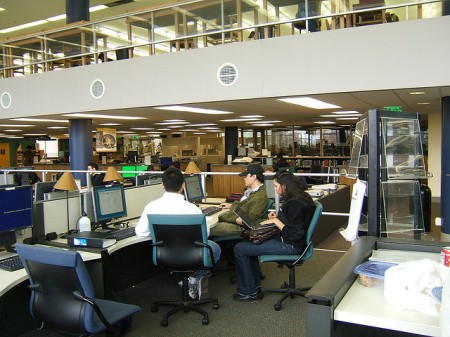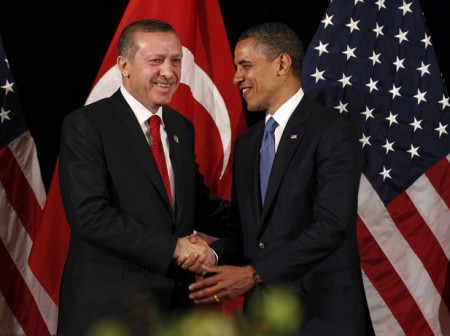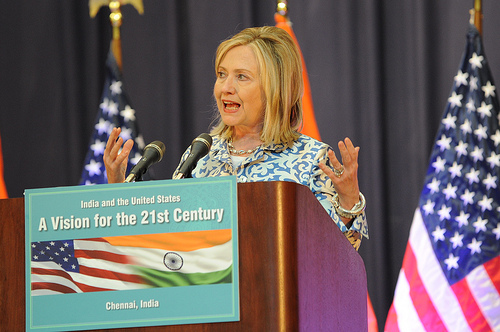
Our colleagues at the Center for Security Studies (CSS) recently hosted the “Security and Resources” module of their Master of Advanced Studies in Security Policy and Crisis Management program. Practitioners and scholars from around the world traveled to Zurich to discuss issues such as grand strategy, security policy development, crisis leadership and risk management. Given the fertile nature of these discussions, ISN staff members took the opportunity to speak to the lecturers and a Swiss course participant about five security-related issues currently on their minds. The following podcasts present their personal preoccupations and opinions.





